Some things trigger an automatic binary association: salt and pepper; Batman and Robin; left and right; Ippokratous and Asklipiou. These two streets in Neapoli don’t intersect; they run parallel, starting from Panepistimiou and ending at Alexandras Avenue. On one, traffic runs uphill; on the other, it goes downhill. Along their flanks lie scattered neoclassical buildings – some well-preserved, others abandoned and grimy – eclectic structures from the early 20th century, and Art Deco examples influenced by France, with ornate cornices. Among them, more dominant in both height and number, are pre-war and interwar apartment blocks, boxy and modernist, the children of accelerated urban development, often stained with the city’s signature coffee-gray patina. This is understandable, as both Ippokratous and Asklipiou are arteries for buses and hundreds of cars that daily leave clouds of exhaust en route to Akadimia, Zografou, Aigaleo and beyond.

© Angelos Giotopoulos
© Angelos Giotopoulos
Yesterday and Today
On the lower floors, you’ll find notary offices, law firms, and medical practices. Higher up dwells a mix of old and new residents, including digital nomads drawn to Neapoli for a downtown experience reminiscent of distant homes. In the penthouses, the lucky ones bask in the generous Attic light and enjoy unobstructed views of Lycabettus towering above. In one such apartment on Asklipiou lives Andreas Sinanos, a leading director of photography and an erstwhile collaborator with filmmakers such as Theo Angelopoulos and Michael Cacoyannis. He points out the importance of light in a space before recounting what Exarchia was like when he first moved there decades ago. “Back then all the universities were nearby: Fine Arts, Polytechnic, Physics, Chemistry, the University of Athens,” he says. There were many neoclassical houses where families rented out rooms with shared bathrooms and kitchens. “It became a student town, and even after graduation, students stayed. Once the universities moved away, parents rented places for their kids in Zografou where the schools are now. But once those kids gain independence, they return here on their own.” Sinanos himself never truly left Exarchia while living in Greece.
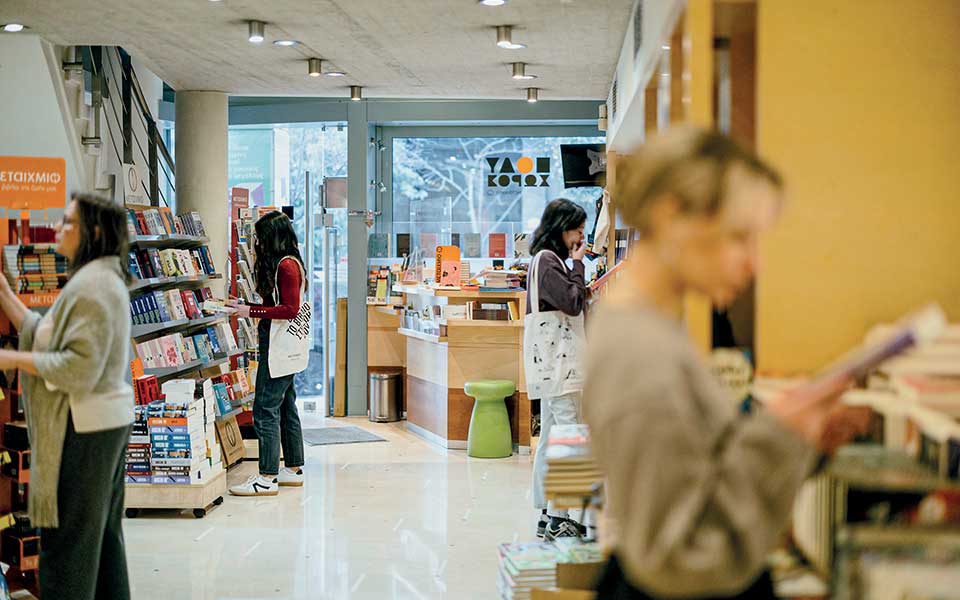
© Angelos Giotopoulos
© Angelos Giotopoulos
Back down on the street, the temperature drops as the light fades, and at ground floor level the struggle between past and present, emblematic of all of Athens, becomes more visible. On one side of the battle are tailors, tavernas, dry cleaners, model hobby stores, bookstores and small grocery shops that all seem to have been here forever, but there are newer allies on this side of the fight, too. In 2005, writer Manos Eleftheriou was passing by construction at 118 Ippokratous and asked Nontas Papageorgiou, owner of Metaixmio Publishing, what was being built. Told it would be a bookstore and publishing house, he replied, “When I die, bury me here!” That’s how their collaboration began. Later, he brought them his first novel, The Time of the Chrysanthemums, which won a State Prize. Metaixmio has since hosted literary events, book signings, and noted writers such as the late Alki Zei, who stopped by every Wednesday, always munching on a cheese pie.
On the other side of the conflict, especially on Asklipiou but on Ippokratous, too, are an army of new venues that have sprung up: wine bars, cocktail lounges, galleries, boutique apartments – heralds of a new neighborhood identity and the subject of headlines such as “Why Everyone’s Going Out on Asklipiou.”
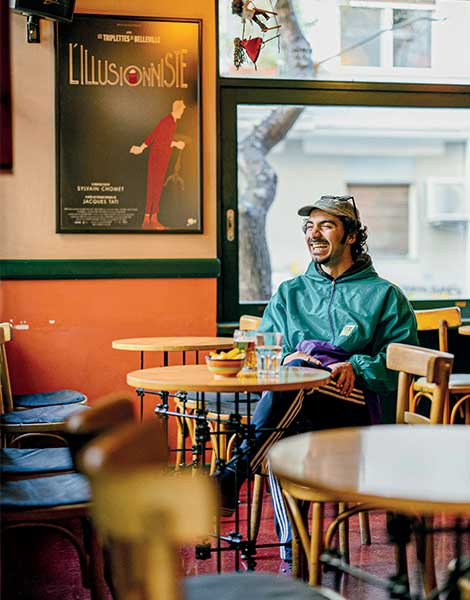
© Angelos Giotopoulos
© Angelos Giotopoulos

© Angelos Giotopoulos
© Angelos Giotopoulos
Gentrification
Sociologist Eddy offers his answer to that question one Friday afternoon, seated at Kokki, one of only two places on Asklipiou that he remembers from when he moved here for university in 2016. He feels lucky – his family owned an apartment bought by his grandparents after relocating from Naxos to a building built just before WWII, complete with air raid shelters in the basement. Back then, the street drew a more artistic crowd. “Everyone knew the area as a thoroughfare, and those who settled here were looking for something bohemian.” He loved the early energy. Patrons became friends, and small shopkeepers became his neighbors.
He liked being close to everything, and going out for a beer around the corner. Even now, he greets neighbors and local workers as they pass by. But weekends have changed – he now has to wade through crowds from all over Athens partying under his window. His building’s glass front door has been broken three times by clumsy drinkers or angry brawlers, and he had to install double-glazed windows due to the noise.
 
“We became the most in spot in Athens,” Eddy says. “Everyone knows us now. Gentrification began, and the neighborhood’s demographics fragmented.” He recalls that, towards the end of lockdown, Asklipiou Street – and especially the steps by Aghios Nicholas Church – became a gathering spot for restless youth. The crowds then spread lower down the street to a shop that served beers and drinks in plastic cups until midnight. “It turned into a party. People blasted music from their cars. That’s how Asklipiou became known as a lively street. There was consumption, flirting, fun. When normalcy returned, the crowds didn’t leave. More bars opened that attracted them.” He doesn’t mind, though; he believes “the street belongs to youth.” Still, he says, “It feels more like an alcohol distribution center now. On Sunday mornings, the street smells of urine.”

© Angelos Giotopoulos
© Angelos Giotopoulos

© Angelos Giotopoulos
© Angelos Giotopoulos
Vinyl as Fetish
This Friday afternoon, the air smells only of exhaust fumes as a young woman in business attire rushes past me on Ippokratous, shouting into her phone, “They sent us a legal notice, so we’re suing.” Her voice is soon drowned out by rock music blasting from Vinyl City, a record store established in 1991 and owned by Apostolis. He opened his first shop down the street at No. 100 after noticing the high volume of bus and car traffic. “All drivers look left,” Apostolis explains. It was a tiny 15-20 square meter store, and customers lined up outside. Back then, his patrons were either collectors or kids who had inherited turntables and listened to all genres: rock, jazz, soul, country, new wave, and metal. “People used to shop for records at American military bases. Over time, Greeks learned to appreciate more than just Greek music.” Today, vinyl has made a comeback. “It’s become mainstream,” he says, and adds why he never stocked CDs: “They don’t carry much data … With vinyl, you hear the sound as analog, like the band is right in front of you. We listen to music 12 hours a day and never get tired.”
Today, people of all ages visit his store, even 13 and 14-year-olds who come with parents seeking Beyoncé albums. He plays them classic rock: Dire Straits, ZZ Top, Allman Brothers, Deep Purple, Led Zeppelin. He’s seen the neighborhood change drastically – more people and more tourists. The tourists, he says, are “complete” collectors, building entire libraries of vinyl.
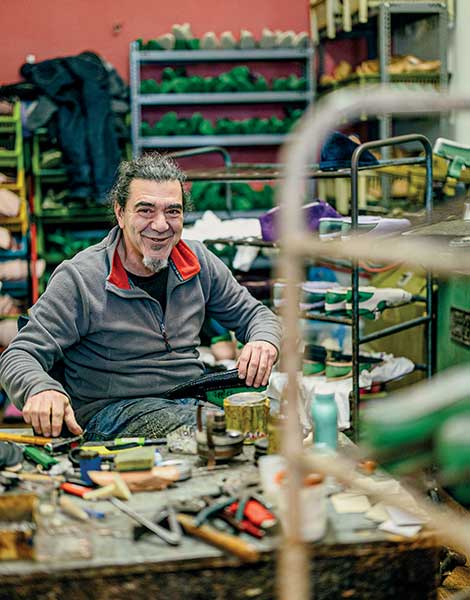
© Angelos Giotopoulos
© Angelos Giotopoulos

© Angelos Giotopoulos
© Angelos Giotopoulos
Different Streets, Parallel Lives
From her apartment further up Asklipiou Street, Architect Gina Sotiropoulou notices the tourists, too. “Many buildings have been turned entirely into short-term rentals or hotels,” she says. “Entire blocks have been bought out, displacing residents who can’t afford the new rents.”
She loves the neighborhood’s vibrancy and it diverse, active population. But she also sees a shift in its character. Every morning, she walks to her Exarchia office via Ippokratous or Asklipiou. “They’re very different streets,” she says. “Asklipiou is narrow, with small sidewalks and a slight incline, at Lycabettus’s base. Ippokratous has wide sidewalks and sunken entrances forming covered arcades – pleasant to walk through, even if poorly maintained. Despite the traffic and the pollution, for those who love downtown Athens, it’s a lovely walk.”
 
On one such walk along Asklipiou, you might stumble upon the Lemisios shoemaking workshop, now run by the fifth generation of a family known for handmade ballerina-style shoes that they sell from a shop on Lycabettou Street. Mario Katsalis, who moved the workshop from Kolonos three years ago, says he’s “in paradise.” Though it’s not a retail shop, passersby often peer in or knock on the glass. When they once displayed a few items for sale, they sold out quickly.

© Angelos Giotopoulos
© Angelos Giotopoulos
A bit further down was Mamadou from Senegal (he’s now moved to Ippokratous), who brings in fabrics from home and tailors modern cuts. He notes how previously many stores were closed, but now the street is alive: “It attracts interesting people: young, full of life. They want affordable, organic cotton clothes, 100% wool in winter.” Still further down is Evangelos Makris, who returned from Chicago to open Paradice Tattoo, a studio with classic-style tattoos he learned to create in the U.S.
On Ippokratous, two recent additions stand out. One is Polyamorous-Coffee-Fruit, midway down the street – offering both coffee to-go and groceries, in the mixed-concept spirit of its sister shop on Mavromichali Street, which sells drinks, plants and sex toys. Eleni and Alexandros, who’ve lived on Ippokratous for ten years, run both. Eleni recalls when rents were lower and parking was easier, but she’s determined to stay: “I love the neighborhood; it makes me feel alive.” The other new addition is Hygge, a popular Scandinavian bakery near Alexandras. Its owner, Ann, spent a year finding the right space. She wants people to feel like they’re in Sweden or Denmark as they enjoy the small joys and taste the flavors of home that she missed.
 
Back at Kokki, Eddy finishes his drink as the street’s music grows louder for the evening shift. “I’m thinking of moving once I finish my master’s,” he says. His best friend lives on Pangrati’s Archelaou Street, and both streets have followed similar trajectories. While they once enjoyed the change, now they’re a bit weary.
“I’m not bothered that the street has taken this turn,” he clarifies. “I just don’t want to step outside and be instantly overwhelmed. I want to choose to participate in this – not have it be my default setting.”

 4 weeks ago
46
4 weeks ago
46




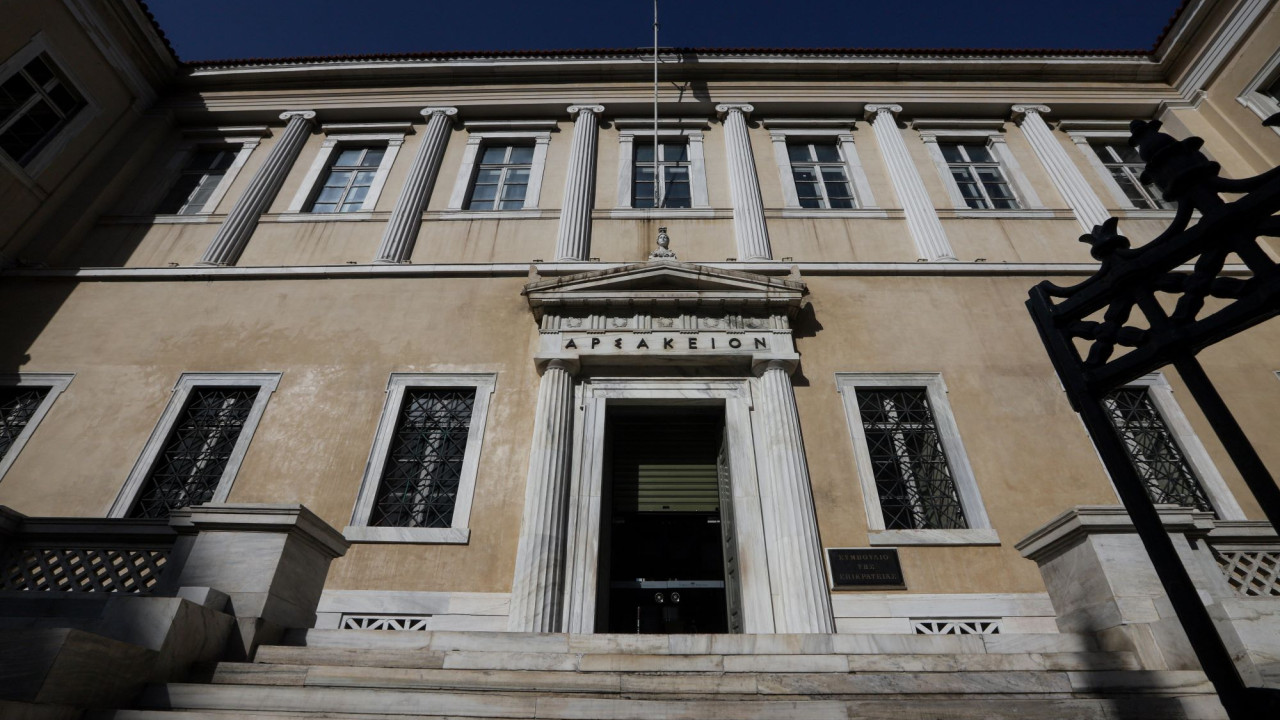


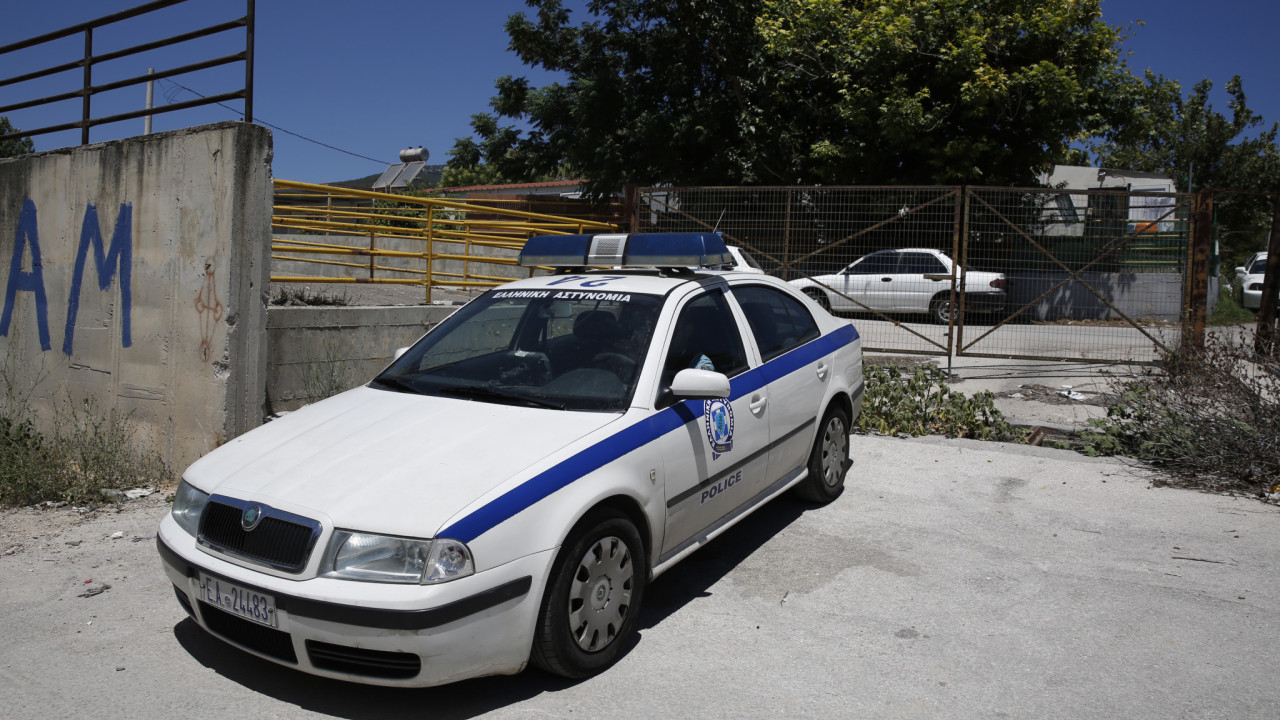
 Greek (GR) ·
Greek (GR) ·  English (US) ·
English (US) ·